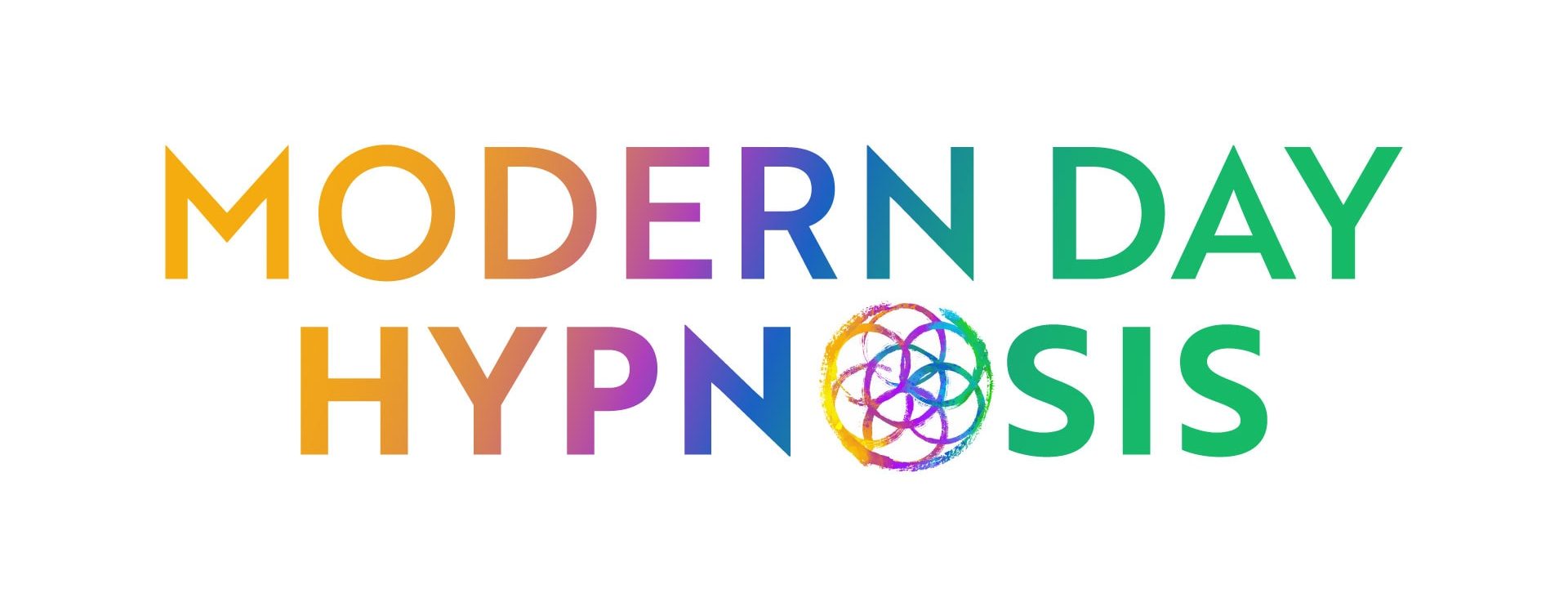What is Hypnosis and Why Does it Work?

Hypnosis remains one of the oldest techniques used to treat conditions such as depression, fear, and anxiety. It also has plenty of applications in the clinical field including chronic pain mitigation, IBS, arthritis and other medical challenges. Some hypnosis users choose to focus on achieving career, financial and sports-related goals.
Techniques used in hypnosis are applied either by a trained professional, or on oneself using self-hypnosis. Various techniques are used in the application of hypnosis, including, but not limited to:
- Clarification, Visualization and Imagery
- Subconscious Detachment Techniques
- Breathwork and Somatic Processes
- Technical Reinforcers for Affirmations and Suggestions
The use of these techniques is usually centered around the achievement of a specific, measurable goal. Hypnosis allows for the ability to interact with the subconscious mind in order to gently guide the user towards their goal. But what is hypnosis, and why does it work? Read on to find out.
What is Hypnosis?
Also referred to as hypnotherapy, hypnosis is a form of mind-body medicine, allowing for the ability to mitigate pain, achieve goals and address medical challenges. There are no ‘rules’ for the use of hypnosis, and, contrary to popular belief, it is not necessary to feel relaxed in order for it to work. In fact, hypnosis can occur in waking conversation, just as much as during deep states of relaxation.
The human mind is incredibly complex. We store a massive amount of information in our subconscious minds, which is never fully accessible at any one time. Think of hypnosis as a tool that is used to tap into these otherwise inaccessible areas of our minds. For the most part, we spend so much time in our thinking (conscious) minds that we are unaware of our ability to access the subconscious.
Hypnosis unveils strengths that you may not currently be aware of. One of those abilities being your brain’s innate ability to heal and better conduct the processes of your body – mentally, physically, and emotionally – naturally and effectively.
Health Benefits of Hypnosis:
- Mitigating addiction: Hypnosis is incredibly effective when applied in cases of addiction. Using hypnotic methods, you’ll see a reduction in cravings around smoking, alcohol consumption and a variety of other unhealthy addictions.
- Relieves hot flashes: Hypnosis can help patients with hot flashes achieve better sleep and experience fewer hot flashes.
- Weight Loss: Negative self-perceptions, cravings, and eating habits can all lead to weight management challenges. Hypnosis can be used to address all of the above, as well as establishing a refreshed mindset around food and weight in general.
- Reduces stress: Hypnosis is an alternative treatment method for stress, helping patients adjust their thoughts to cultivate a more level-headed outlook in day-to-day life.
- Treats chronic pain: Chronic pain can be addressed with the use of hypnotherapy. Several studies have shown its effectiveness in addressing chemotherapy pain, arthritis, and illnesses associated with ongoing pain.
- Promotes healthy sleep: Healthier sleeping habits can be achieved with the application of hypnosis. From restless leg syndrome to sleep apnea, there is no sleep condition that cannot be mitigated with the help of hypnosis.
- Manage Irritable Bowel Syndrome (IBS): This condition often results in extreme discomfort and can be debilitating under certain circumstances. Hypnosis can help patients with IBS, including primary and secondary symptoms of backache and nausea.
Hypnosis for Anxiety
Anxiety refers to a feeling of nervousness and fear that results in sweating, feeling tense, and rapid heartbeat. Someone with anxiety disorder often experiences anxiety that does not go away, interfering with daily life. Hypnosis can help relieve anxiety by allowing the user to explore and change the roots of their underlying worries.
Hypnosis for Depression
Depression is a mood condition that alters someone’s behavior, affecting how they think, feel, and handle daily activities. It often accompanies symptoms like irritability, loss of interest, and persistent anxious or sad mood. Hypnotherapy can help alleviate these symptoms of depression, including those with a decreased heart rate variability (HRV) associated with severe depression.
Hypnosis for Fear
Hypnosis can be an effective tool in reducing the fear an individual experiences. For example, since blood pressure and heart are measurable quantities of fear, hypnosis may reduce blood pressure by allowing for an increased sense of day-to-day calmness and confidence.
How Does Hypnosis Work?
Hypnosis does not happen due to specific techniques, beliefs, or procedures. Rather, it allows for the surpassing of the conscious mind in order to access the subconscious. It enables users to tap into the part of the brain where thoughts, sensations, emotions, behaviors, beliefs, and perceptions originate.
During hypnosis, the imagination is much more active. It is proven that the subconscious mind cannot tell the difference between real and imagined situations. In other words, our mind and body will react to an imagined event as if it is actually happening. This physiological reaction can act as a ‘reward’ for the subconscious mind (and therefore the conscious mind) so that the user will naturally move towards the intended goal or change in perception.
What Happens During a Hypnotherapy Session?
A typical hypnosis session begins with an induction, like repetitive verbal cues guiding you into a hypnotic state. You may be asked to work with eye fixation, or to breathe in a particular way in order to facilitate this process. The hypnotist will then make indirect suggestions, allowing for the client to move more deeply into hypnosis.
Keep in mind, however, that hypnosis is not a one-size-fits all method. You or your hypnotist might choose to approach a session differently depending on your needs at that specific time. In that way, hypnosis is an incredibly flexible and personalized practice.
Choose Hypnosis as a Natural Approach to Wellness
Modern hypnosis offers a new approach to ancient techniques. It has been used over hundreds of years in a variety of applications, including in clinical settings and also for personal growth. If you find that you would like to see change in a particular aspect of your life, hypnosis is the perfect tool to facilitate that transformation. To get started on your hypnosis journey, explore Self-Applied Hypnosis Techniques, or book an appointment with us today.
Hypnosis
Have You Tried It Yet? It Really Works!
